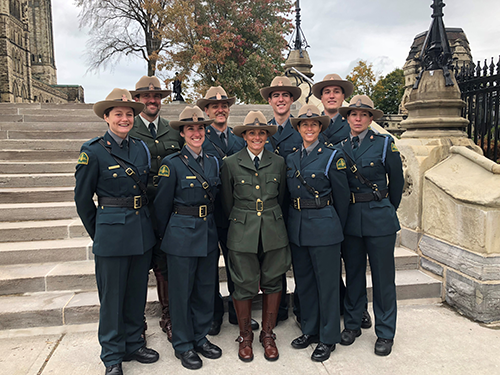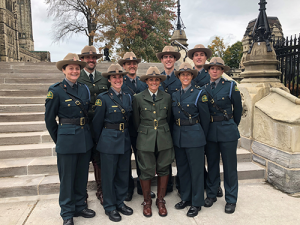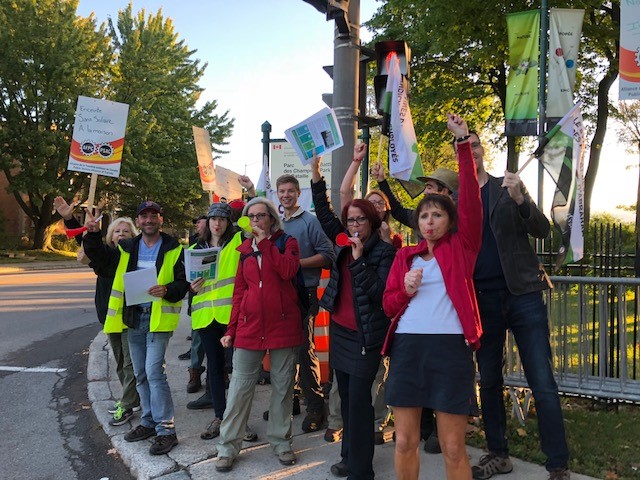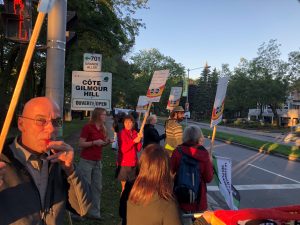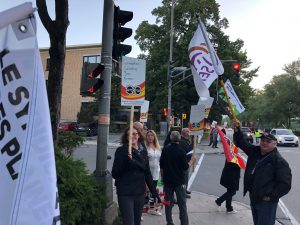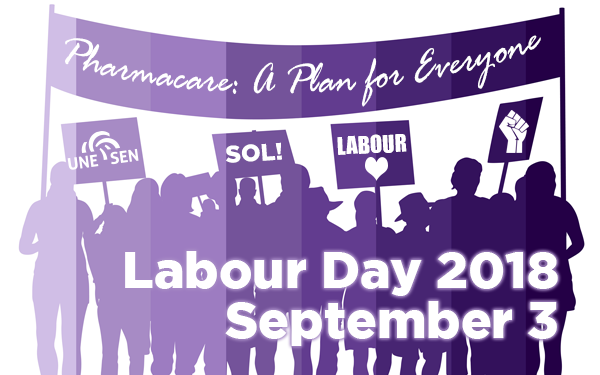
The Phoenix pay system has been a disaster for our members. Members have been underpaid, overpaid and not paid at all. Learn more about what the union has been doing to get this fixed.
Not deducting union dues correctly is one more way that Phoenix has failed public sector workers. You can help us push the government to pay public sector workers correctly, every pay day.
For several years, the Phoenix payroll system has been incorrectly collecting membership dues from nearly 150,000 members of the Public Service Alliance of Canada. Thousands of federal public service workers have been overpaying or underpaying union dues.
In November, the government will finally be in a position to fix these Phoenix errors, and PSAC members will see the correct dues amount on their paycheques moving forward.
Read our most frequently asked questions.
A broken system
PSAC has a long-established system to determine the correct dues for each of its members. This information is updated monthly and sent to the government to be implemented, but due to Phoenix, the government has failed to process this information since March 2016.
This has affected thousands of workers, and particularly those that have undergone significant changes like members who have been promoted, changed positions, gone on parental leave, or retired.
A widespread problem
The Phoenix pay system’s failure to process membership dues correctly means that over 39,000 PSAC members are owed a refund. Current estimates state that nearly $2.6 million in membership dues will be refunded to our members.
Many more workers unfortunately, nearly 111,000, have been underpaying dues and will see recovery payments begin on November 14th. Thankfully, the majority of these workers owe less than $300 and PSAC has policies in place that ensure the amount will only be recovered in small payments over several pay periods. In addition, as a policy, PSAC does not retroactively collect more than 1 years’ worth of membership dues from their members – even if they owe more than this amount.
PSAC itself is owed nearly $20 million in membership dues needed to fund essential union services such as collective bargaining, legal representation, grievance support and training. We will not penalize our members for the government’s mistake in launching Phoenix. We do not expect to be able to collect everything we are owed from our members. We will pursue all legal avenues to recover money owed to us by the government, that we cannot collect from members.
What does this mean for PSAC members?
The Phoenix pay system will apply membership dues adjustments this fall. Letters to members with details about their specific dues’ situation will be sent out by the end of November. On November 14th, PSAC members will see the correct membership dues amount on their paycheques, and then they will find themselves in one of two categories:
You have overpaid your membership dues and are owed a refund.
PSAC will refund the total amount owed to you. You will receive the refund over 1 to 2 paycheques. Beginning in January 2019, your membership dues should be updated and collected at the new 2019 reduced rate.
You have been underpaying membership dues and are in arrears.
PSAC will only recover up to 1 years’ worth of union dues and we will not collect this in one large lump sum. The rate of recovery is always equal to the monthly amount of union dues a member would normally pay. These relatively small recovery payments will take place over several pay periods. For most of our members who owe less than $300, this shouldn’t take more than 2 to 3 months.
If you have concerns regarding arrears owed, please fill in this form to request additional information.
Source: http://psacunion.ca/dues




